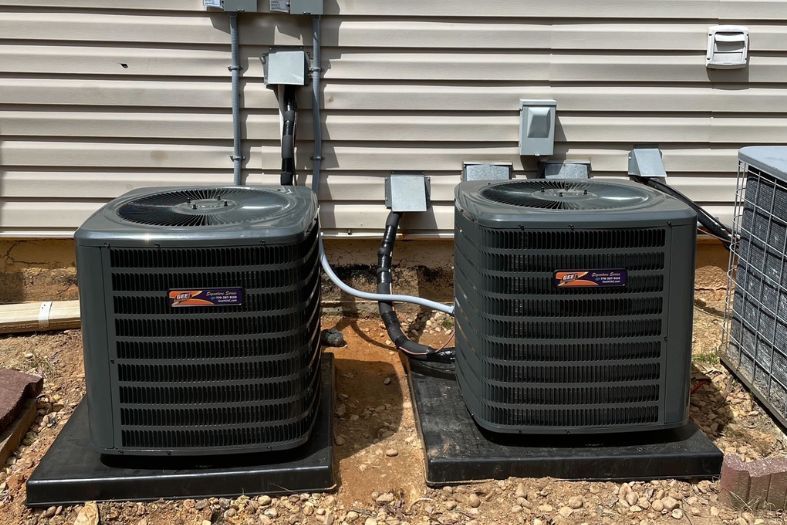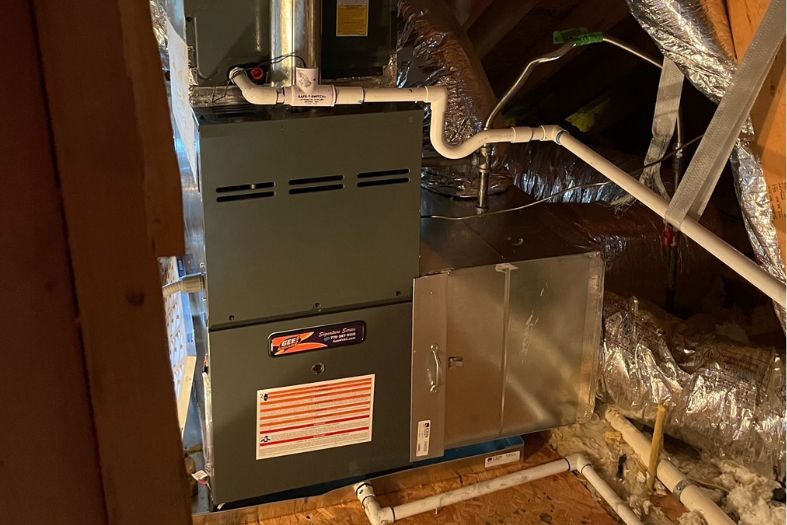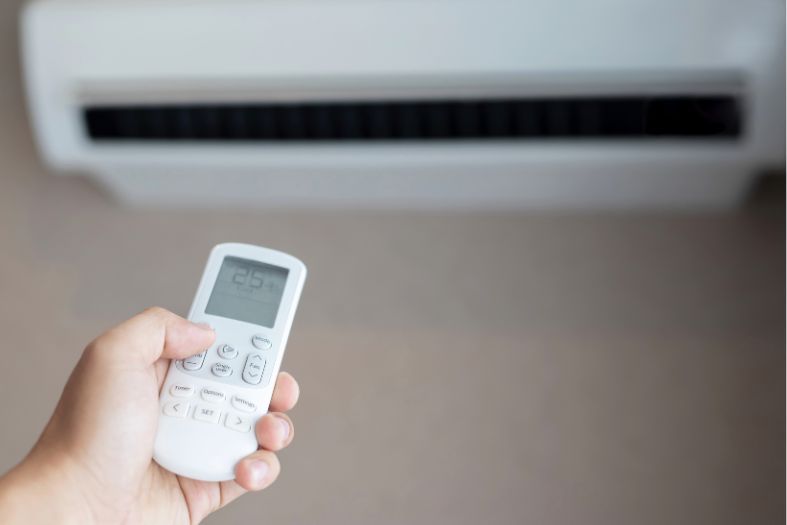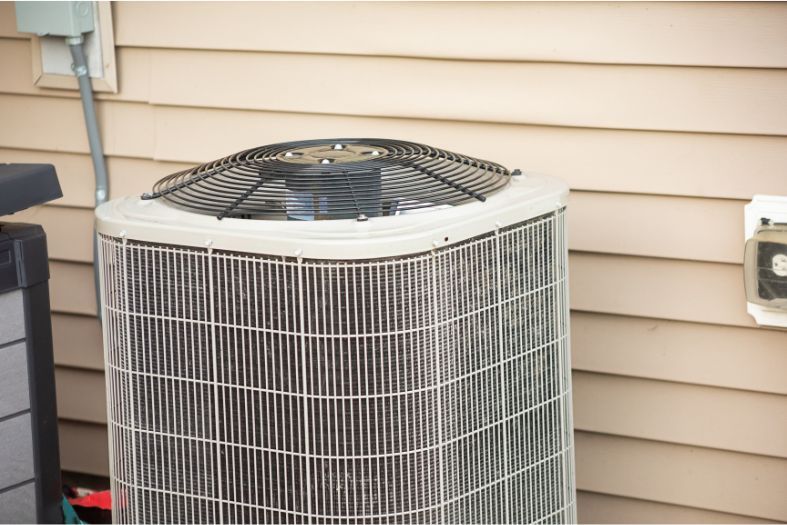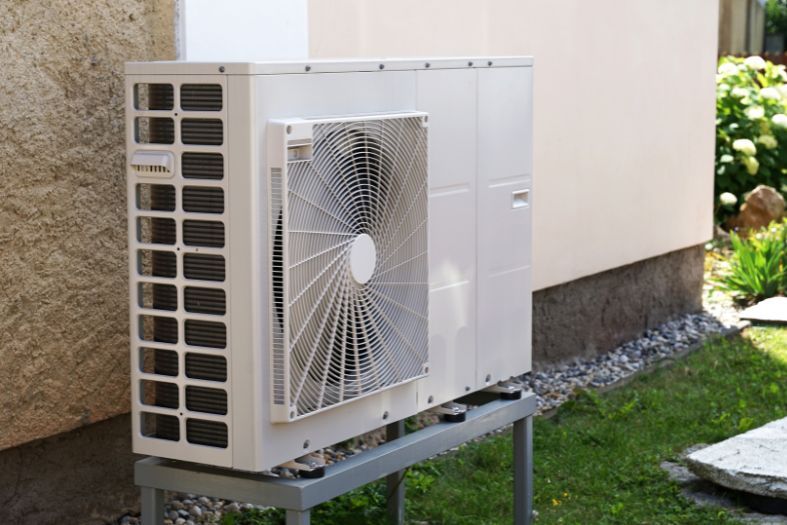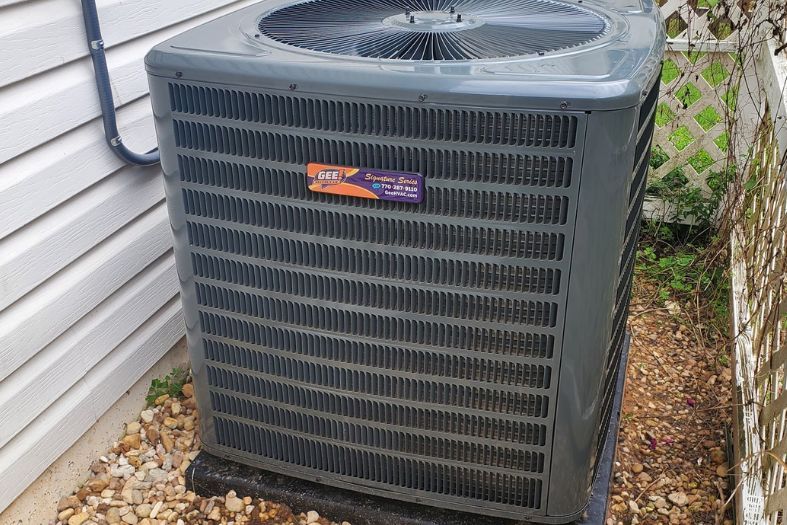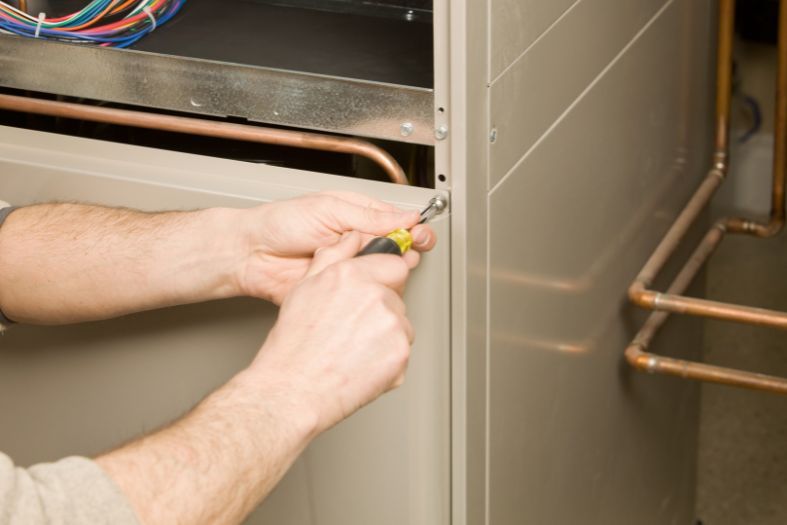ADA Notice – GEE Heating & Air
Americans with Disabilities Act (ADA) Notice
At GEE Heating and Air, we are committed to ensuring that individuals with disabilities enjoy full access to our websites. In recognition of this commitment, we are in the process of making modifications to increase the accessibility and usability of this website, using the relevant portions of the Web Content Accessibility Guidelines 2.0 (WCAG 2.0) as our standard.
Please be aware that our efforts are ongoing. If at any time you have difficulty using this website or with a particular web page or function on this site, please contact us by phone at (770) 232-6523; or email us at info@geehvac.com and place “Web Content Accessibility (ADA)” in the subject heading and we will make all reasonable efforts to assist you.
More Articles
Categories


